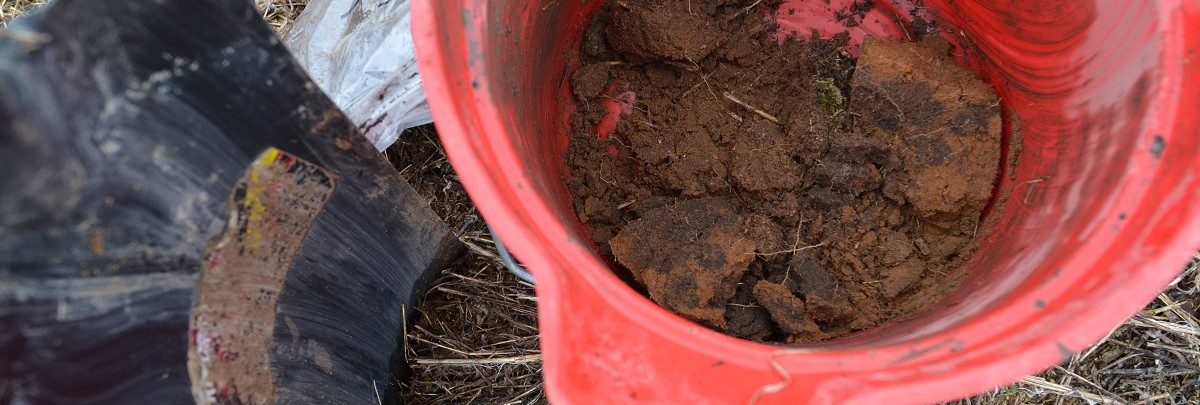There’s nothing sexy about collecting soil samples, which is why so many food plotters and land managers fail to do so. You never hear one hunter say to another hunter, “Man, I gotta show you a picture of my dirt!” or “Check out my organic matter content!” Just because soil is boring (sorry soil scientist), doesn’t mean it should be neglected. In fact, it should mean quite the opposite. Soil is the foundation of everything that grows, including deer. Plants are simply the nutrient transfer agents between the soil/air and the consumer. Good deer managers are good forage managers. If the soil is lacking nutrients, so too will the plants, and the deer consuming the plants.

Both antler and fawn development are closely correlated to the amount of quality forage available to the deer herd year round in free ranging environments. The most economical method to provide a deer herd with the highest nutritional value is to insure the soil has all the necessary nutrients, microorganisms, and soil structure required by the selected cultivar.
Adding the appropriate amount of nutrients based on a recommendation from a quality soil analyses will greatly increase the quantity and quality of forage produced. Additionally, healthy plants are more resistant to drought and pests.
Collecting Soil Samples
Collect soil samples from all food plots and send to a qualified lab for analyses and fertilizer recommendations (every state has public and private soil testing labs that you can send your samples). Soil subsamples can be taken in an “X” or similar pattern with the goal of getting a representative sample from the entire food plot.

Gather samples at 5+ locations taken in the root zone (depth of 0-5 inches) from each food plot with a soil probe (faster) or clean shovel (no rust or dirt from another use). Try to keep samples the same size and place into a clean bucket. Then mix the samples together and pull out one pint-sized subsample and place it in a bag provided by the lab or a zip lock baggy labeled with the food plot name/number. Do this process for each food plot.

One additional tip (if your lab provides it) is to request the “maximum yield” fertilizer recommendations, opposed to “economic yield” which is what most agricultural farmers want. The difference is economic yield returns the most profit for large scale operations – cash croppers and farmers. This is often not the most yield because the carrying cost of more fertilizer for all those acres reduces the profit. “Max yield” on the other hand, rarely cost much more in terms of fertilizer for smaller acreages like food plots, but produces more tonnage per acre which is what we want as food plotters. Food plot farmers want the most productive and best tasting plants to attract deer. The additional fertilizer costs associated with the “max yield” recommendations is less expensive than clearing and creating more acres of plots. Another bonus is it serves to concentrate deer in fewer acres, which results in better hunting. The bottom line is that you, and the deer you feed, will benefit greatly if you give the soil what it needs. You do this and soon you’ll be telling your buddies that your dirt grew that massive set of antlers on that buck’s head!







